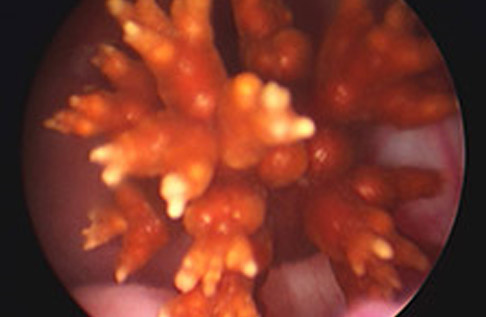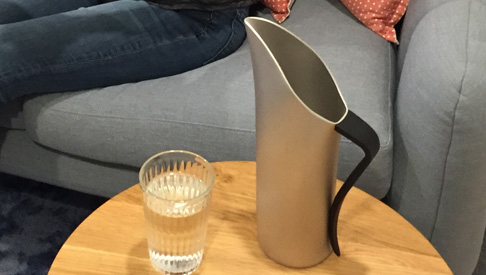Preventive Measures for Kidney Stones
In general, a high fluid intake to keep urine clear/pale and dilute will help prevent stones from forming. The volume and colour of the urine is a guide as to whether or not you are consuming enough. A generally healthy diet without any excess is advisable. A few specific issues are detailed below.
Reducing dietary calcium is generally not advisable for 2 reasons. It may increase the risk of bone disease/osteoporosis and as calcium often binds with oxalate, a reduction in calcium may permit increased oxalate levels that can also result in stone formation. It is advisable, however, to limit oxalate intake. Unfortunately chocolate, nuts and tea are high in oxalates. Oxalate levels can be measured and if your stone is composed of oxalates, a list of oxalate containing foods can be supplied.
Diets high in sodium are associated with excess calcium in the urine and low salt diets are recommended for the prevention of stone formation.
High dietary protein is associated with elevated uric acid levels in the urine which can form uric acid stones. Increased dietary protein may also be associated with increased urinary calcium and therefore an increased risk of calcium stones as well.


Citrate acts as an inhibitor of calcium oxalate stone formation and also increases the urinary pH which can prevent uric acid stones. Citrus containing foods and fluids may help reduce the risk of stone disease.
If you have had a stone episode, you have a 50% risk of having another attack. It is therefore advisable to have regular imaging to identify new stones that may be forming so that they may be treated before they cause another painful episode!!
All stones must be assessed and treated on their merits in consultation with your Urologist. There are several methods of treatment depending on many factors including the size and position of the stone and the preference of the surgeon and the patient.
